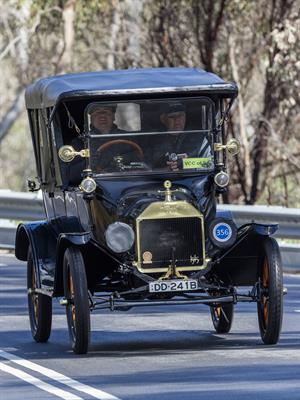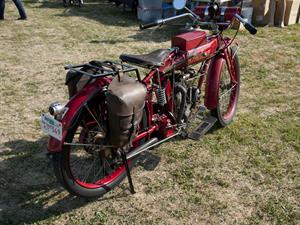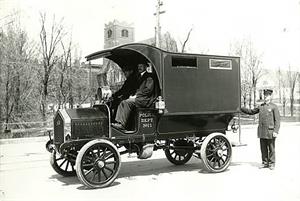
PUMPA - SMART LEARNING
எங்கள் ஆசிரியர்களுடன் 1-ஆன்-1 ஆலோசனை நேரத்தைப் பெறுங்கள். டாப்பர் ஆவதற்கு நாங்கள் பயிற்சி அளிப்போம்
Book Free DemoThe police were on hand in a commendably short time: a Ford sedan full of them, two on motorcycles, and a patrol wagon with about eight in it and a few reporters. They began banging at our front door. Flashlights shot streaks of gleam up and down the walls, across the yard, down the walk between our house and Bodwell’s. ‘Open up!’ cried a hoarse voice. ‘We’re men from Headquarters!’ I wanted to go down and let them in, since there they were, but mother wouldn’t hear of it. ‘You haven’t a stitch on,’ she pointed out. ‘You’d catch your death.’ I wound the towel around me again. Finally the cops put their shoulders to our big heavy front door with its thick bevelled glass and broke it in: I could hear a rending of wood and a splash of glass on the floor of the hall. Their lights played all over the livingroom and crisscrossed nervously in the dining-room, stabbed into hallways, shot up the front stairs and finally up the back. They caught me standing in my towel at the top. A heavy policeman bounded up the steps. ‘Who are you?’ he demanded. ‘I live here,’ I said.
Explanation:




One could see where the narrator's concern lies. It wasn't merely that the police came too soon; there were also too many of them.
As they arrived, they started pounding on the narrator's front door. Flashlights cast gleaming streaks over the walls, across the yard, and down the path between their house and Bodwell's. One of the police officers called out hoarsely, asking them to open up the front door. The policeman also stated that they were men from Headquarters.
Despite the narrator's concern, he still had wanted to go down and open the door to let them in. One could see that the narrator was a man of manners. However, his mother was worried that he would catch a cold as he wasn't appropriately dressed. 'You don't have a stitch on, and you'd catch your death,’ she observed. The word "stitch" refers to any form of cloth here. The mother was trying to emphasise the point that he was almost naked. As a result, he wrapped the towel over himself once again.
Since the narrator nor his family couldn't open the front door, the police decided to break in. They pushed against the large, heavy front door with thick bevelled glass and broke it open. The narrator could hear a rending of wood and a splatter of glass on the hall floor. The movement of the police is observed through the flashlights that streaked around the house. He says, "their lights played all over the livingroom and crisscrossed nervously in the dining-room, stabbed into hallways, shot up the front stairs and finally up the back." So, they moved from the living room to the dining room, from there to the hallways, and then up the stairs.
At the top, they caught the narrator standing with a towel wrapped around him. A large police officer dashed up the stairwell. Being an officer, he asked the narrator who he was in an authoritative voice. The narrator answered that he lived there, implying that he was a part of the family and was no intruder.

Sl. No | Words | Meanings |
1 | Commendably | In a way that is deserving of praise |
2 | Sedan | A type of car |
3 | Patrol Wagon | An enclosed motortruck used by police to carry large number of police officers or prisoners |
4 | Patrol | The action of keeping watch over an area by regularly travelling or walking around it, especially by guards or police |
5 | Streak | A long, thin line or mark |
6 | Gleam | Shine brightly, especially with reflected light |
7 | Yard | An area of land used for a particular purpose or business |
8 | Hoarse | (Of a person's voice) sounding rough and harsh |
9 | Stitch | A loop of thread or yarn |
10 | Wound | (Past tense of wind) to wrap or surround |
11 | Bevelled | Having a sloping edge rather than a squared one |
12 | Rend | To tear something into pieces |
13 | Crisscross | To form a pattern of intersecting lines or paths on a place |
14 | Stab | To push (move) forward |